You are here
Back to topYou Want to Be Ready for the Future of Food Retail? Take a Look at China
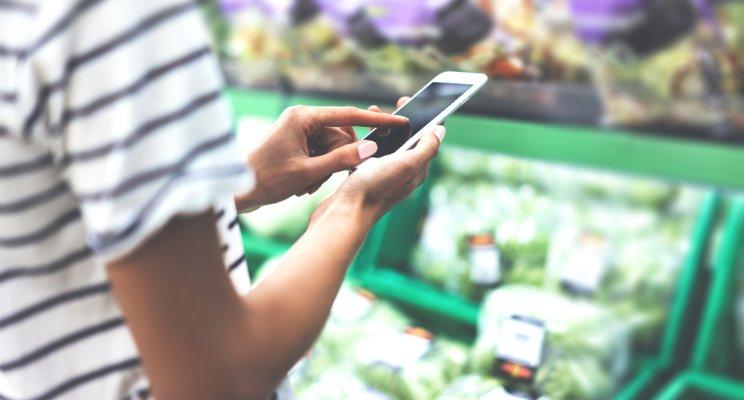
Here are some facts: digital technology is without a doubt disrupting the food retail all around the world. And it is disrupting it fast. In less than 10 years the digitally engaged food shopper will fundamentally change how food is bought and sold, according to Nielsen and the Food Marketing Institute. And China is at the forefront of these changes.
Online Grocery Shopping
Almost 50 % of Chinese consumers buy at least some of their food online, according to McKinsey. A rate not seen in more developed economies.
Partly this is because members of China’s rising middle-class are more accustomed to rapid social change and more willing to try new shopping behaviors such as buying groceries online for home delivery. On the other hand China’s speedy adoption of mobile shopping is making it even more convenient for Chinese consumers to order groceries online.
Wonderful World of Smartphone Connectivity
Smartphones are one of the most important weapons Chinese consumers hold as Robert A. Theleen, Chairman and CEO of ChinaVest, graphically pointed out at a recent PMA Fresh Connections China event in Shanghai. It gives them instant access to all the things they need and want and to all the information they need.
It also enables middle-class Chinese to be smart and savvy shoppers embracing smarter lifestyles seeking seamless integration of their shopping experience into current life moments end-to-end. Because they have their connected device always with them, they are always shopping. A trend that will only expand as the smartphone usage and digital technology develop further.
But technology aside, there is one major problem Chinese have with their food retail.
Trust Is Hard to Win and Easily Lost
As Elliot Grant of Google X and founder of HarvestMark, another eminent speaker at PMA Fresh Connections China, pointed out: “When trust is lost, bad things happen to all involved.” The Chinese food industry has been part of some major food scandals in recent years. That is why Chinese consumers are increasingly asking for more transparency.
Similarly to consumers elsewhere in the world, they are raising questions: where is my food coming from, who is making it, what is in it, how it is produced. Questions that can easily be answered with the help of an efficient traceability system.
Traceability Wins Trust
Although an efficient traceability system is not easily built, it can bring amazing advantages to all parties included in it. Traceability and transparency together with contemporary digital technology enable producers and retailers to win consumer trust on the one hand and acquire valuable business insights on the other.
Food producers that have implemented digital traceability systems and worked on them as their competitive advantage, promoting them to customers and business partners, have seen concrete business rewards like winning important consumer awards or acquiring new business. And as technology advances, there are more and more possibilities opening up of combining digital traceability systems with other digital solutions to gather actionable business insights that can help improve and develop businesses further.
You Want to Be Ready for the Future of Food Retail?
Stop questioning whether you should focus on online or offline retail. The only focus should be on how to make the best of the digital technology available and how to merge online and offline into a seamless shopping experience for the individual shopper end-to-end to win their preference.
The same goes for transparency and traceability. The question is not whether they are worth the trouble and investment, but rather how to make them your competitive advantage. Shoppers do care where their food is from and how it is produced. And as Elliot Grant pointed out, as shoppers get more technology in their hands, they will have a lot more information than they have today. The question is, will this be good or bad for your business model?
Editorial note:
The author of this article is Žiga Drev, co-founder & managing director at OriginTrail which is a digital solution that allows brand owners of food products to effectively differentiate their brands and products on the highly competitive food market. By unveiling the entire supply chain from farm to fork to consumers before they make their purchase, OriginTrail helps producers differentiate themselves based on the origin of their products and put the consumers’ mind at ease. OriginTrail empowers quality food and helps food producers win the trust and preference of the modern consumers.
Image source:OriginTrail




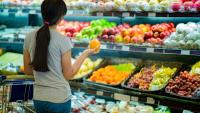

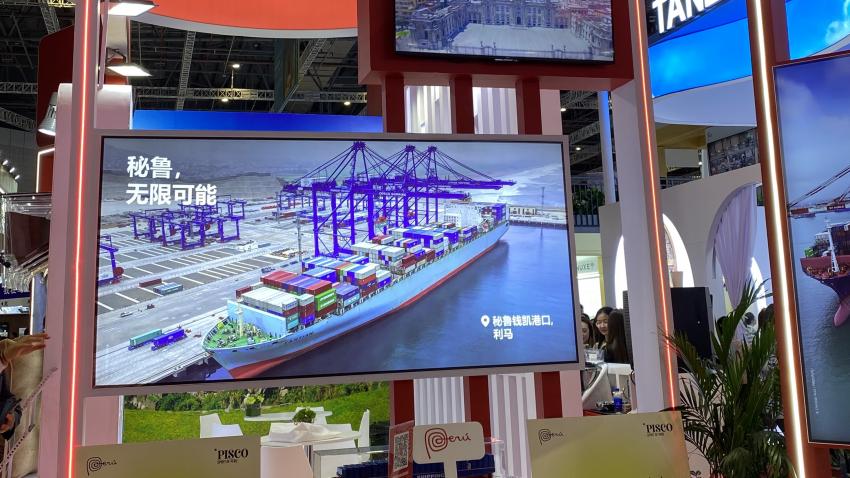
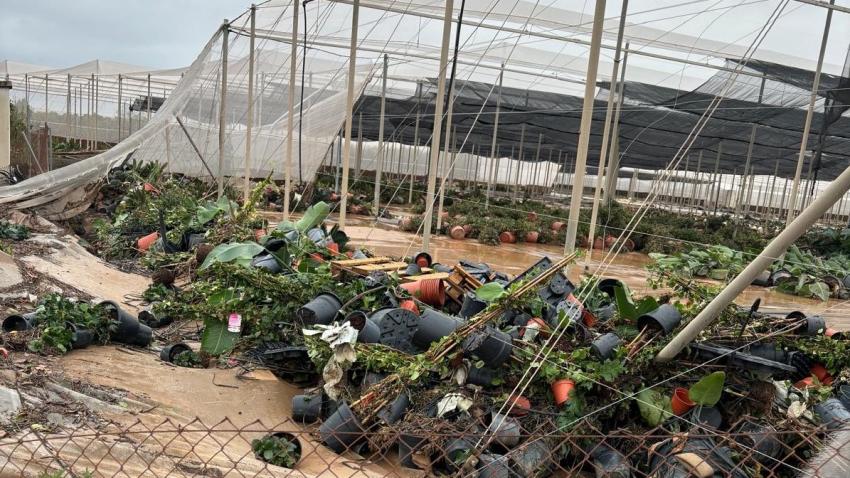
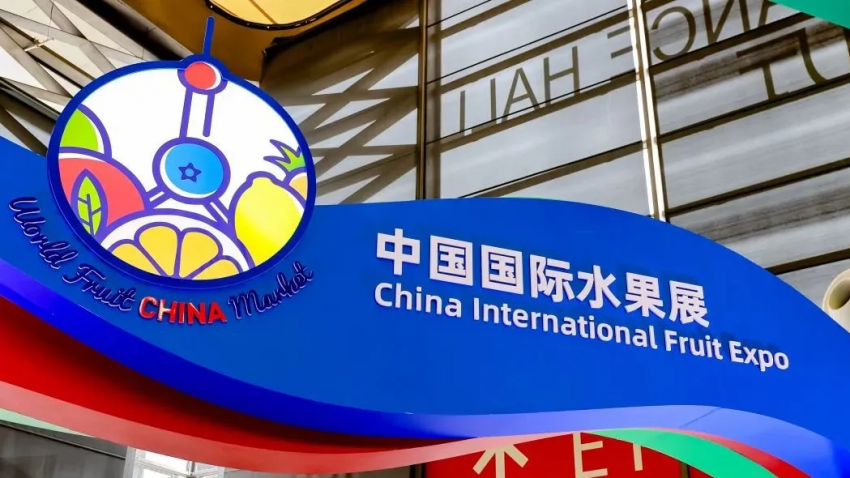







Add new comment